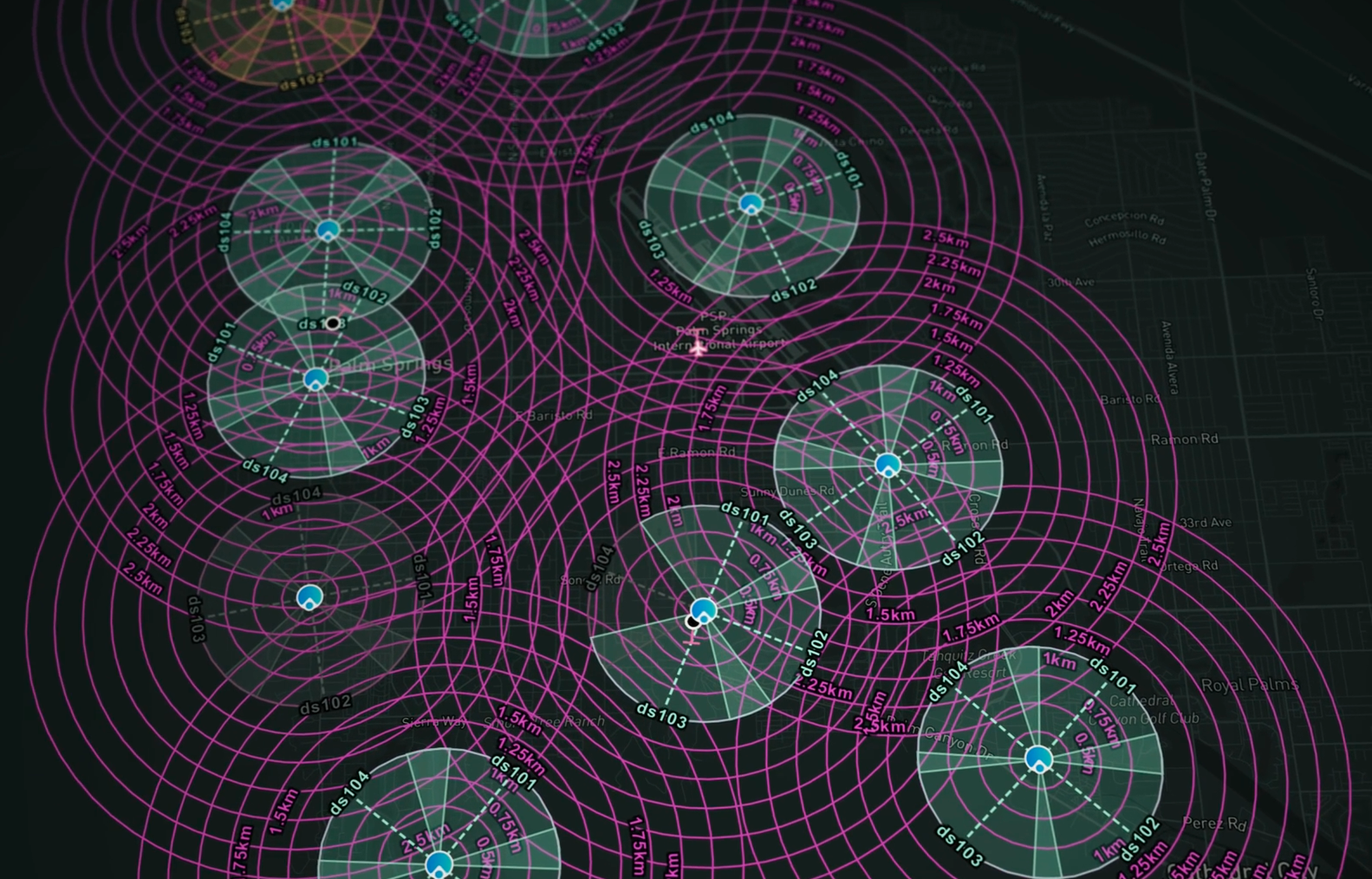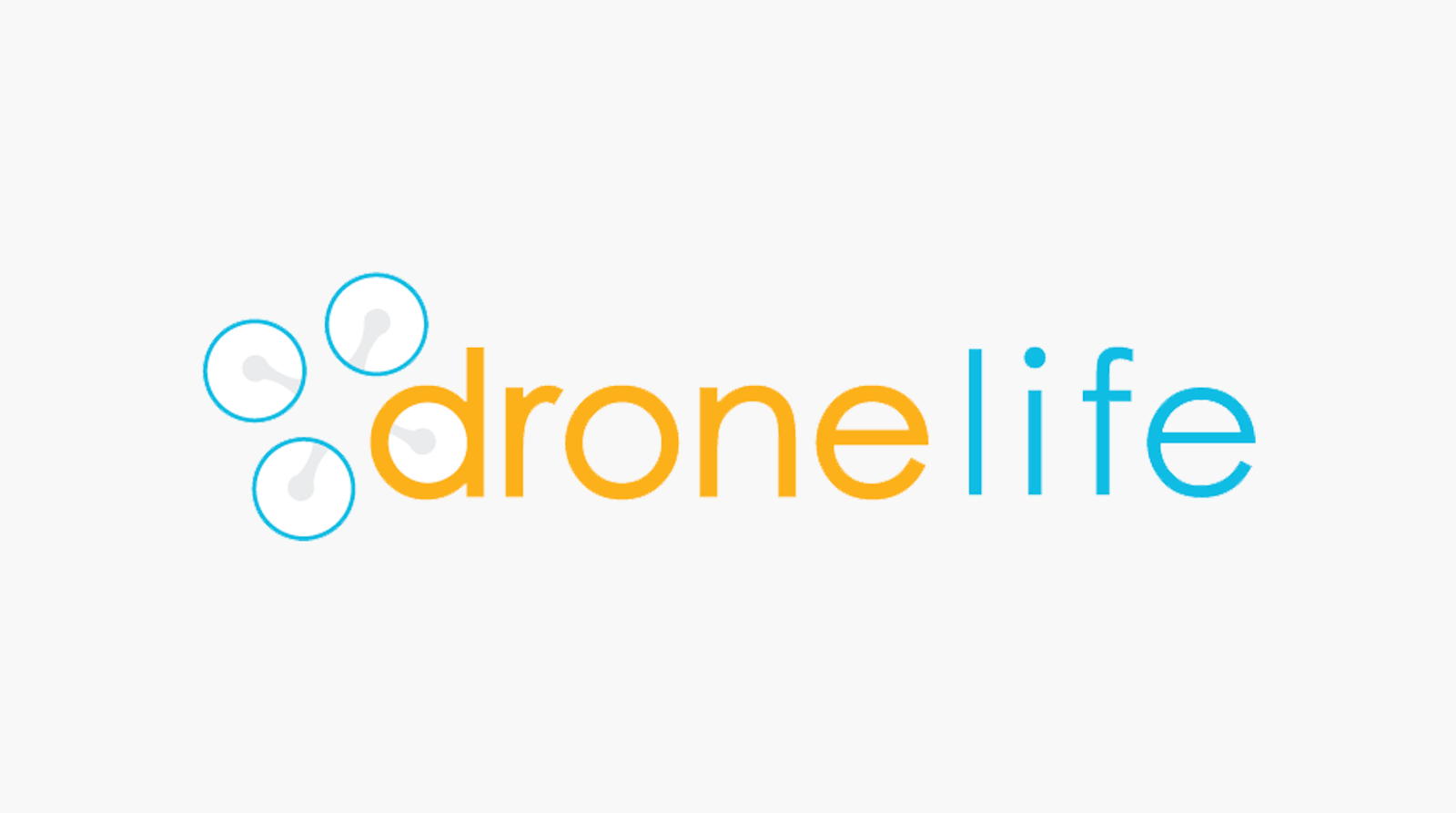The Latest Updates, Perspectives and Stories From MatrixSpace

MatrixSpace was selected as one of 10 finalists for the DIU's Low-Cost Sensing challenge for counter drone detection, addressing the lack of affordable scalability in traditional defense sensor systems.

DroneSense customers can now seamlessly conduct remote operations with comprehensive airspace awareness in a common operating picture with the inclusion of MatrixSpace radar detection intelligence.

The usage of radar for guiding vehicles and protecting people/places is strictly regulated for safety and to ensure reliability across radio spectrums. Your use case dictates how to comply with rules for radionavigation and radiolocation.

We’ve just learnt MatrixSpace is a finalist in the AUVSI’s XCELLENCE Awards 2023 for “Xcellence in Technology – Enabling Components & Peripherals”! This is very exciting.

What if drones could provide public safety teams with detailed info ahead of scene arrival, for informed decisions faster? Meet Drone As First Responder (DFR) programs.

Dan brings a formidable track record to the MatrixSpace team. He leads development for RF and radar systems and holds advisory roles across the industry, accelerating the development of RF integration into integrated circuit products.

The application of intelligent sensing is a hot topic, with innovators and researchers continuously breaking new ground. Artificial Intelligence (AI) is a big thrust behind these new sensor developments.

Long ago, when I was a Senior at Cal Poly San Luis Obispo and trying to decide which offer to take and how to manage “this fork in the road“ moment, it was a choice between a traditional business route or the emerging technology route.

We’re excited to finally introduce MatrixSpace to the world and share our vision for the future of intelligent machines.

Today marks a personal journey for MatrixSpace and for me personally – our long-awaited public introduction.
Latest News


With leadership AI Edge and Cloud software for real-time classification, history, and predication capabilities organizations can create safe airspace rapidly and robustly. MatrixSpace, a leader in portable AI-enhanced radar counter drone sensing technology, announces the completion of its $20 million Series B funding round. This raise represents a significant valuation increase over the Series A of May 2023 and brings MatrixSpace’s total funding to date to $58 million. The completion of this round also introduces meaningful new investors, including L3Harris, to the MatrixSpace team.


BURLINGTON, Mass. — MatrixSpace, a provider of portable AI-enhanced radar counter drone sensing technology, has announced the completion of its $20 million Series B funding round. This raise represents a significant valuation increase over the Series A of May 2023 and brings MatrixSpace’s total funding to date to $58 million. The completion of this round also introduces meaningful new investors, including L3Harris, to the MatrixSpace team. The round was co-led by The Raptor Group and OTB Ventures. The Raptor Group is a Boston-based venture and growth fund investing in deep technology across a variety of industries. OTB Ventures is a European investor focused on dual-use defense and enterprise technology, with deep ties to both European industry and NATO.


MatrixSpace, startup działający w obszarze przenośnych technologii wykrywania dronów wspomaganych sztuczną inteligencją, zakończył rundy finansowania serii B o wartości 20 milionów dolarów. Pozyskanie tych środków oznacza znaczny wzrost wyceny w porównaniu z rundą serii A z maja 2023 r. i zwiększa łączną kwotę finansowania MatrixSpace do 58 milionów dolarów. Zakończenie tej rundy oznacza również pojawienie się nowych znaczących inwestorów, w tym polskiego OTB Ventures.


New funding underlines rising demand for compact, AI-enhanced counter-UAS systems MatrixSpace has closed a $20 million Series B funding round, pushing its total capital raised to $58 million to date. The Burlington, Massachusetts company specializes in portable radar systems that use artificial intelligence to help detect and respond to unmanned aerial systems (UAS) in real time.


MatrixSpace, a supplier of portable AI-enhanced radar counter drone sensing technology, has completed its $20m Series B funding round. This raise represents a significant valuation increase over the Series A of May 2023 and brings MatrixSpace’s funding to date to $58m. The completion of this round also introduces new investors, including L3Harris, to the MatrixSpace team.